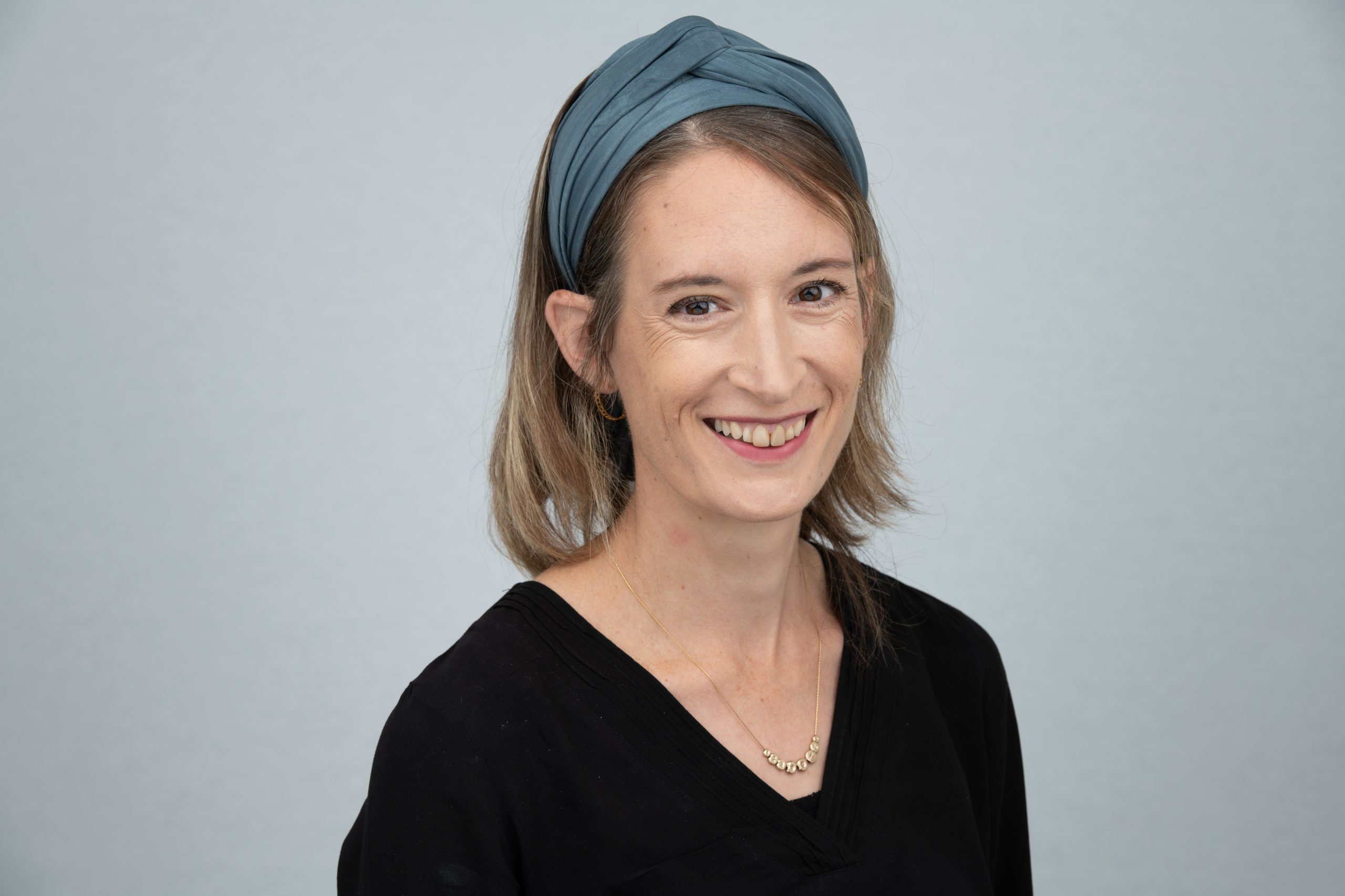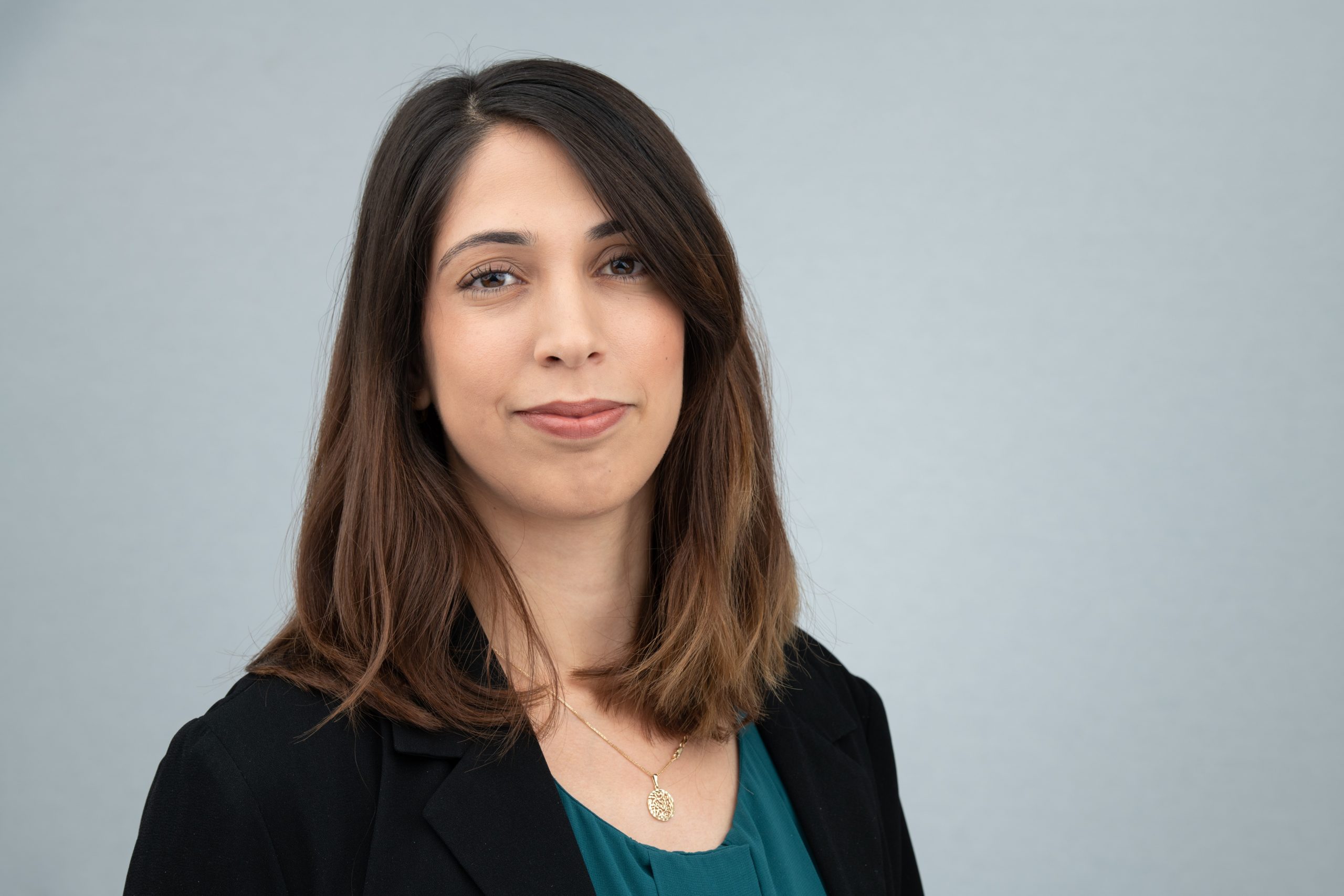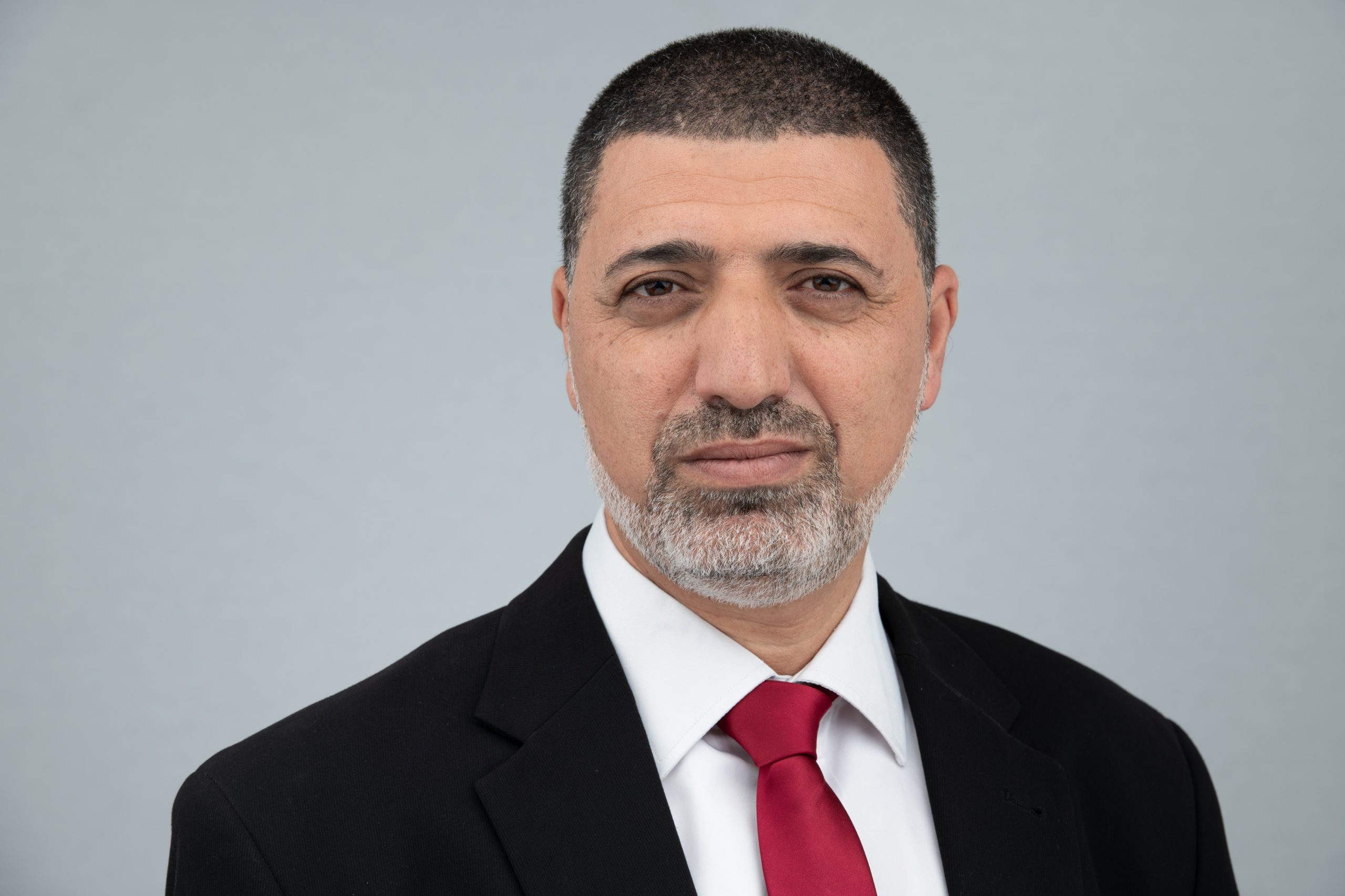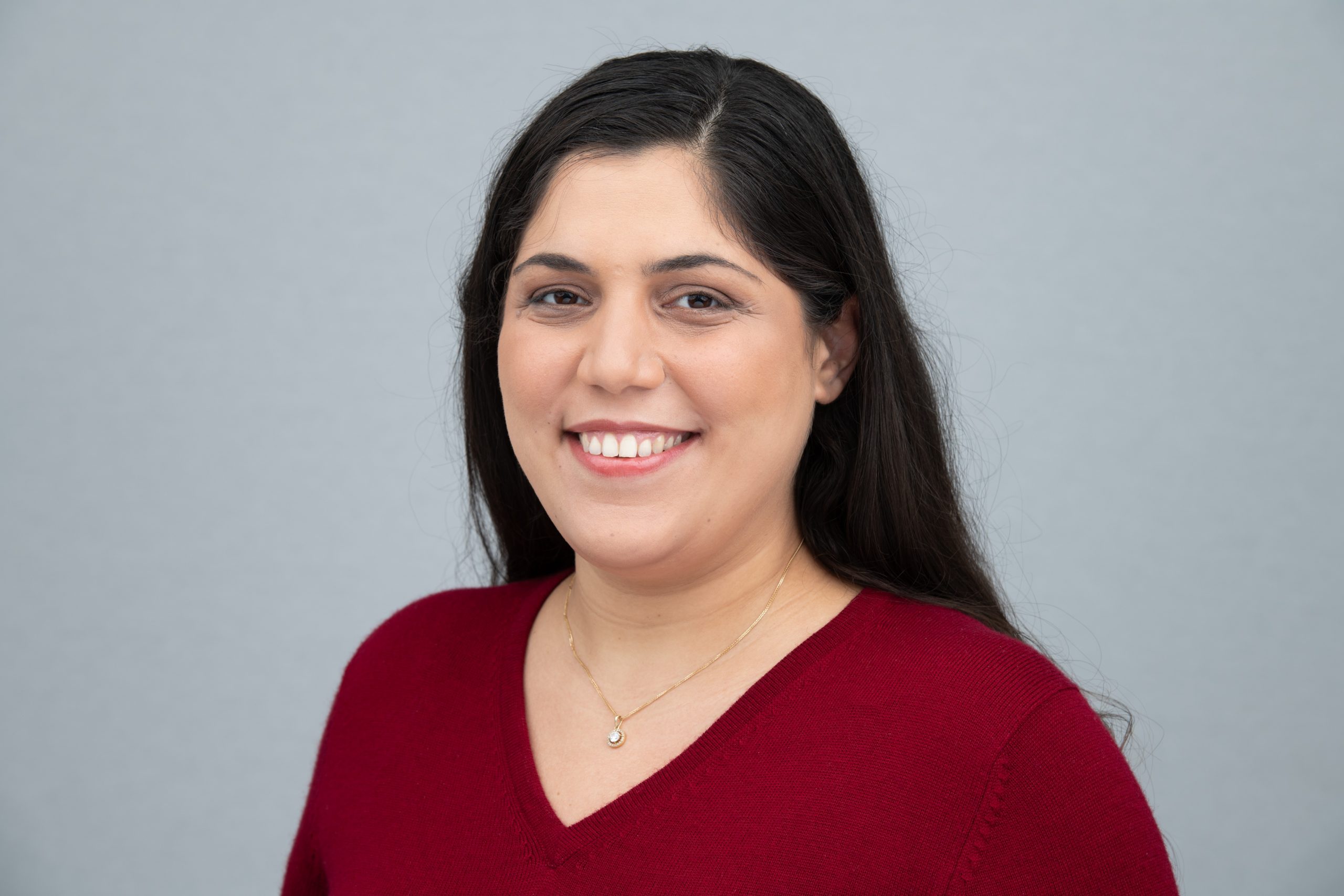Gishurim: The National Network of Community Mediation and Dialogue Centers
 Program Goal
Program Goal
Gishurim is a national project that provides professional support to municipal Community Mediation and Dialogue Centers and guides the establishment of new centers in Israel. The program provides the centers with tools to tailor their services to their respective municipality, taking into account cultural, social, and community needs and community conflicts.
The program aims to:
- Create a national database of professional information for Community Mediation and Dialogue Centers and Initiatives (that are in the process of becoming centers).
- Establish and expand partnerships with national institutions to promote mediation and dialogue as a way of life.
- Pool knowledge by producing written information outlining professional expertise and practical know-how, written in collaboration with Community Mediation and Dialogue Centers across the country.
- Consolidate and refine standard work methods and standards for the network of Community Mediation and Dialogue Centers.
- Increase public awareness about the advantages of mediation and dialogue and the work of these centers.
 Strategic Partners
Strategic Partners
Gishurim partners with many institutions and organizations to support the network of Community Mediation and Dialogue Centers, including the Israel Police, the Authority for Urban Renewal, the Director of Courts, the National Association for Community Mediation, Bar-Ilan University and other academic institutions, the State Comptroller, the Community Security Authority, certain Health Ministry divisions, and various governmental offices.
The program also incorporates aspects of other relevant Mosaica programs, such as the Rabbi as Mediators program and the Sheikhs as Mediators program.
 Program Development and Implementation
Program Development and Implementation
The program was initiated in 2003 by JDC Israel and Israeli government offices, including the Ministry of Labor, Social Affairs and Social Services, the Ministry of Aliyah and Integration, the Education Ministry and the Ministry of Construction and Housing. In 2007, Mosaica took over the program’s management.
Since 2011, the program has been operated as a service under the auspices of the Community Work Service of the Ministry of Labor, Social Affairs and Social Services, and through the professional management of Mosaica.
Gishurim currently provides a range of professional services to over 75 Community Mediation and Dialogue Centers and supports 20 new initiatives. Activities include individual mentoring and consultancy, workshops, courses, forums, knowledge development, and strategic planning to advance mediation and dialogue.
- The program provides and facilitates workshops, courses, forums, conferences, seminars, and promotes tools, skills, and competencies required for voluntarily resolving conflicts, preventing future disputes, and conducting community discussions.
- The program continuously develops knowledge and tools specific to particular needs of Community Mediation and Dialogue Centers using a multicultural approach.
In our efforts to further expand the use of mediation terminology among the general public, the program runs a number of large events:
 Articles, Booklets, and Professional Literature
Articles, Booklets, and Professional Literature
- Professional publication: “Dialogue in Communities of Mixed Cities” Preparation for the 2014 and 2015 Yom Kippur and Eid al-Adha holidays.
- Anthology of articles: “Wisdom based on Practice,” Part I (2014)
- Anthology of articles: “Wisdom based on Practice,” Part II (2016)
- Article: “Leaders as Community Sensors and Regulators: Feeling, initiating, and impacting multicultural partnerships in Ramle” (2018)
- An instructor manual for establishing mediation and dialogue centers (2019), Part I: Rationale, Activities, and Guidelines.
- An instructor manual for establishing mediation and dialogue centers (2019), Part II: Initiation and Establishment.
- Mediation, Consensus Building and Dialogue during COVID: A Guide by Community Mediation and Dialogue Centers (2021)
 Program Staff
Program Staff
Noa Shalev earned a Bachelor’s degree in Community Social Work and a Master’s degree in Organization Consultation. She is a mediator with many years of experience facilitating family and community mediations as well as other types. Before becoming director of the Gishurim program, she served as the director of the Lod Community Mediation and Dialogue Center and worked at the municipal department, Community Access and Community Services. She is currently working with a team and partners to expand community mediation and dialogue services nationally.
Michael Orovano earned a Bachelor’s degree in Education and Sociology/Anthropology from the Hebrew University. She is currently completing a Master’s in Conflict Resolution, Management, and Negotiation at Bar-Ilan University. She has completed courses in basic mediation, mediation practicum, family mediation, intergenerational mediation as well as conflict resolution training and group counseling training.
At Mosaica, she manages training and the development of programming about various topics connected to the network of Community Mediation and Dialogue Center throughout the country. Topics include education, activism for tolerance, and co-existence in mixed Arab-Jewish cities. She is also responsible for developing and managing specialized training for community mediators. She provides guidance to many centers that are in the process of being established, including on issues related to management, strategy building, and tools for initial activities.
One of her responsibilities is the management of Dibur Hadash: The Israeli Week of Mediation and Dialogue. Over 50 events are held across Israel during this week to promote the language of mediation and consensus building in the communities and to raise awareness among the public.
Sheikh Taiseer Mahamed earned a Bachelor’s degree in mechanical engineering from Eastern Mediterranean University in Northern Cyprus and a Master’s degree in Conflict Resolution and Management from Ben Gurion University. He is an educator and education system manager with 25 years of experience.
He is responsible for developing the field of mediation and dialogue in Arab communities with the goal of improving the quality of life in Arab society and disseminating the mediation language as a key-value and way of life.
Bat-ya Sharon earned a Bachelor’s degree in International Relations and a Master’s degree in Conflict Research, Management, and Resolution from the Hebrew University.
She began at Mosaica as the Intake Coordinator for the Mediation and Consensus Building Center in Jerusalem, a fascinating role that she has held for over three years. Previously, she had worked in the Foreign Relations division at the Hebrew University and as an IDF casualty officer, where she worked with bereaved families and wounded and disabled soldiers.
She is currently a mediator and specializes in resolving cases of disputes between neighbors because change can be accomplished and almost immediately, positively impacting the daily lives of people in their ongoing relationships.
In both Mosaica programs, she is a part of the team responsible for courses, training, workshops, writing materials, and documenting professional knowledge. She tracks the implementation of the programs and their success, leads forums on intake and education, and facilitates FGC (Family Group Conference) processes.
For additional information, please contact:
Gishurim@mosaica.org.il
02-6732122



